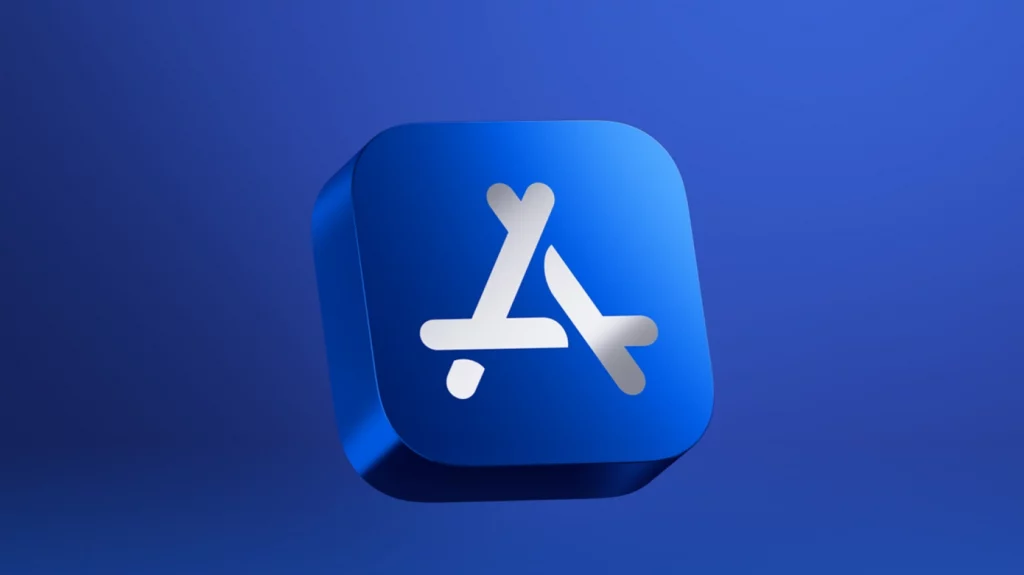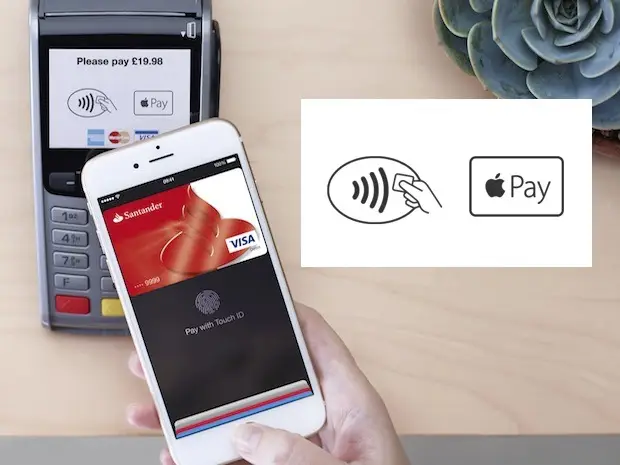Apple allows developers to use third-party payment services in South Korea; here’s why it is important!
In a piece of latest news, developers of apps released in Apple’s South Korean App Store no longer have to use Apple’s own in-app payment system. Apple pay recently made the announcement in a developer update. Developers will, instead, be able to make payments using the third-party service providers that are pre-approved by Apple.

On 30 June 2022, Apple said that the developers in South Korea can now use a third-party payment system (with certain riders). To comply with the new South Korean law, developers will need to submit a form to Apple to request access to the “StoreKit External Purchase Entitlement,” which is only available to apps distributed exclusively in South Korea. If an app is available globally, developers will need to submit a separate app binary that is distributed solely on the App Store in South Korea.
During the developer update, Apple said, “This entitlement allows apps distributed to the App Store solely in South Korea the ability to provide an alternative in-app payment processing option.” However, Apple further clarified that if they use the entitlement, “some App Store features such as Ask to Buy and Family Sharing will not be available to your users, in part because we cannot validate payments that take place outside of the App Store’s private and secure payment system.”
The tech giant further stated, “Apple will not be able to assist users with refunds, purchase history, subscription management, and other issues encountered when purchasing digital goods and services through an alternative purchasing method. You will be responsible for addressing such issues.”
The ‘Telecommunications Business Act’
The announcement comes as a response to an amendment to South Korea’s ‘Telecommunications Business Act’ passed in 2021. The act prevents large platform holders like Apple and Google from forcing developers to use their first-party in-app payment systems. Although both Apple and Google have opposed the legislation, Apple argued it would make it harder for its users to manage their purchases, undermine their privacy protections and also put them at risk of fraud.
Most importantly, the law threatens the hefty commission charged by Apple against developers for using its in-app payments system. Called “Apple Tax”, the commission is up to 30% of the price paid by the user and has been the focus of many developer complaints over the past few years. Although South Korea is forcing Apple to allow developers to use alternative payment systems, the tech giant continues intending to collect a commission of 26% for payments made through third-party systems. Apple’s documentation notes that developers will be required to report all sales to Apple each month, and will further need to pay the commission.
Apple’s Regime Over In-app Payments
Besides South Korea, Apple also asserts its control over in-app payments for the Dutch competition regulator, the Authority for Consumers and Markets (ACM). It has ordered Apple to allow dating apps to use alternative in-app payment systems. Apple’s solution, which was recently accepted by ACM as sufficient, was based around a similar StoreKit External Purchase Entitlement to the one the company is rolling out in South Korea.
However, the biggest challenge to Apple’s control over app distribution and in-payments is yet to surface. For instance, the European Union’s upcoming Digital Markets Act (DMA) contains provisions to force Apple to allow users to install apps from third-party sources and to allow App Store developers to use alternatives to Apple’s payment systems. Meanwhile, in the US, a judge ruled last year that Apple must allow other forms of in-app purchases, although the ruling was later put on hold pending appeal.
Read Also : We Finally have M2 MacBook Air Pro’s Release Date! Find it out here.


